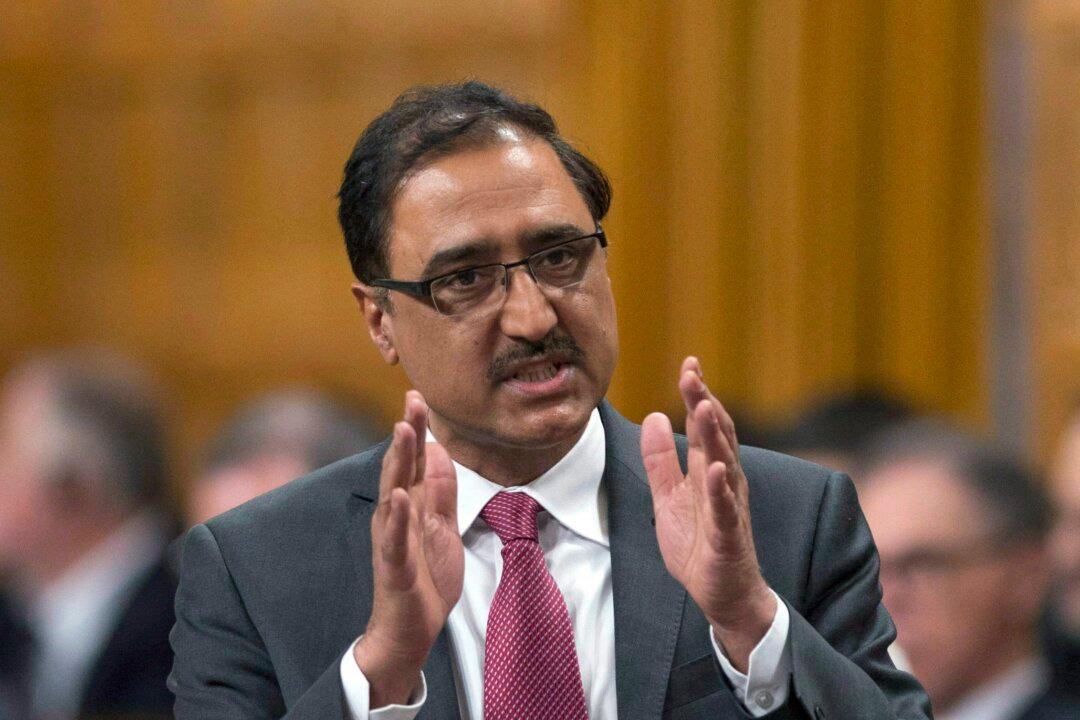OTTAWA—The government’s new agency for financing major construction projects might take a pass on proposals that pose too great a risk for taxpayers when they’re asked to make a private sector idea a reality, the infrastructure minister says.
Amarjeet Sohi said the key test for the so-called infrastructure bank, which combines public and private funding for major projects, will be whether it is financially viable in the long run to provide the necessary returns to public and private investors.
The government will be taking on financial risk regardless of what projects go ahead, but only on its portion of the funding, not the entire cost of the project, Sohi said in an interview on May 17 with The Canadian Press.
“That is the review that the bank will do: Is it too risky for the government to get involved? Maybe the government will not get involved,” Sohi said.
The Liberals see the bank as a way to use public dollars to leverage private funding for projects that are either too expensive or too risky for Ottawa or the private sector to go it alone.





